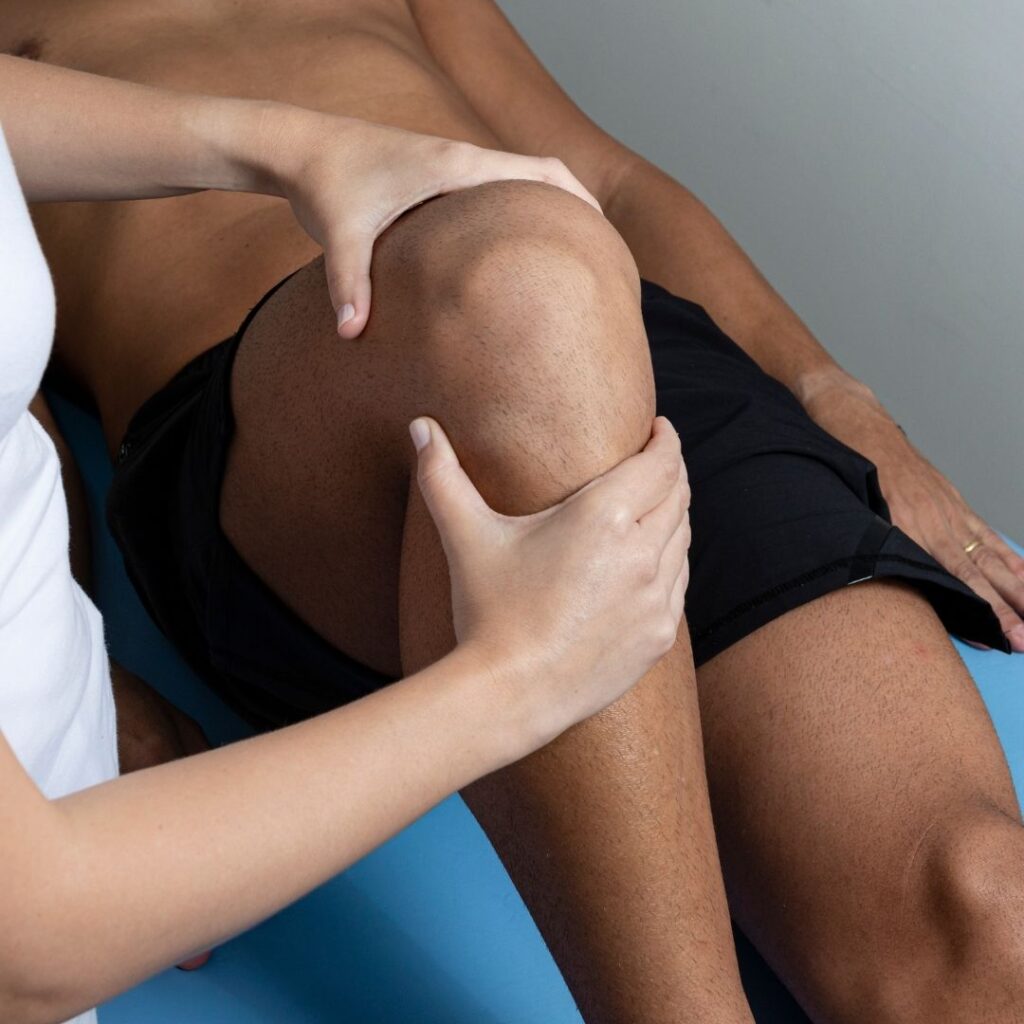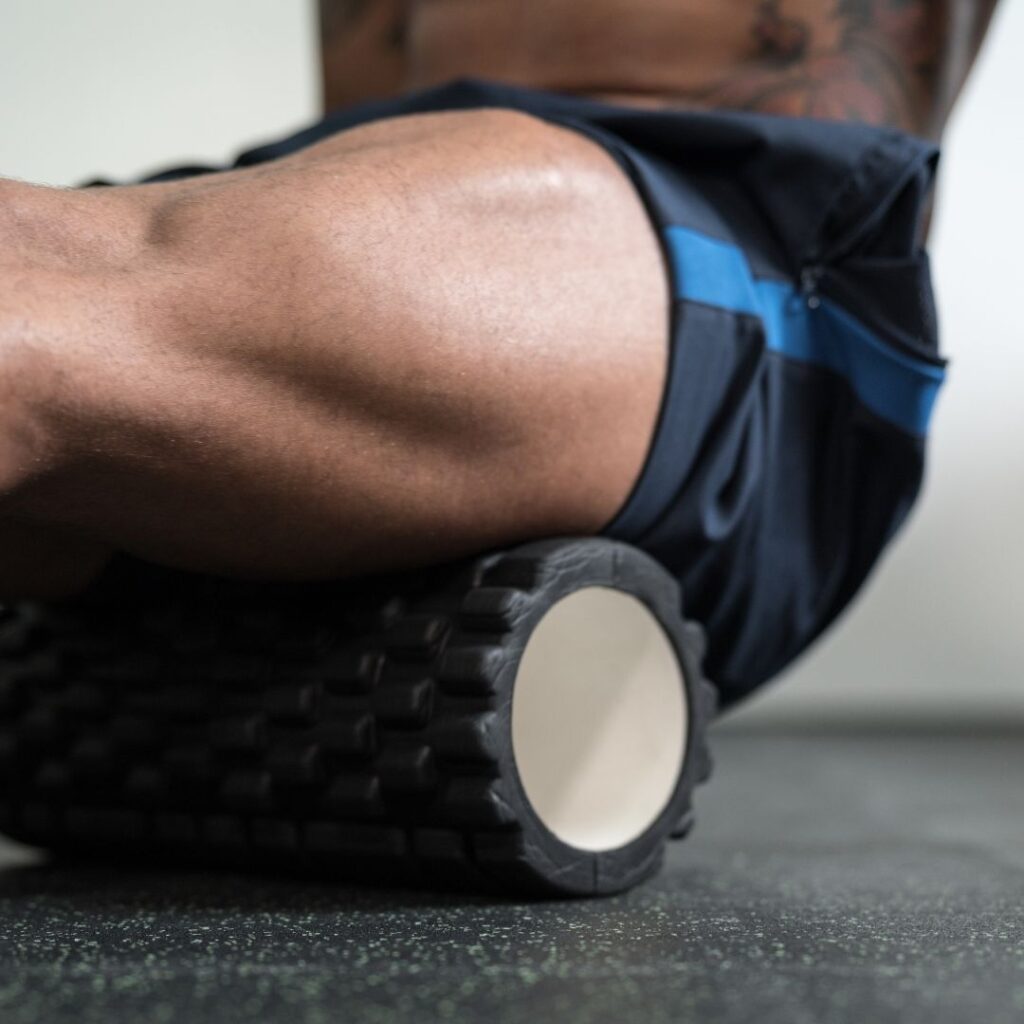Whether you’re a professional athlete or a weekend warrior, physical performance and recovery are key to your success. While modern sports therapy offers many solutions, traditional Thai massage in Bangkok provides a powerful, natural approach to both healing and athletic enhancement.
Rooted in ancient healing arts, Thai massage blends acupressure, deep stretching, and rhythmic compression to support muscular recovery, joint mobility, and energy balance. This unique technique is not only used for relaxation but also increasingly embraced by athletes for its restorative and performance-boosting benefits.
Enhanced Muscle Recovery
One of the primary reasons athletes seek Thai massage is to accelerate muscle recovery. After intense physical exertion, muscles often become stiff, inflamed, and filled with metabolic waste like lactic acid. Thai massage stimulates blood circulation and lymphatic drainage, helping to clear these waste products from the tissues more efficiently.
The assisted stretching and compressions also release tension from overworked muscles, allowing them to return to a relaxed, balanced state. This reduces post-workout soreness and speeds up the recovery window, enabling athletes to maintain consistency in their training.

Improved Flexibility and Range of Motion
Flexibility is crucial for optimal athletic performance and injury prevention. Thai massage incorporates passive stretching techniques that resemble yoga postures, helping to elongate muscle fibers, release fascial tension, and open joint spaces.
These stretches are tailored to each individual’s needs and sport-specific requirements. Over time, consistent sessions can significantly increase range of motion, leading to enhanced agility and better performance in sports such as running, martial arts, or swimming.
Injury Prevention and Rehabilitation
Preventing injuries is as important as treating them. Thai massage supports both by maintaining muscular balance, improving flexibility, and promoting joint health. These benefits help correct postural imbalances and tightness that can lead to overuse injuries.
For athletes in recovery, Thai massage encourages blood flow to injured areas and reduces swelling, aiding the natural healing process. This makes it a valuable addition to rehabilitation programs, especially during the later phases of physical therapy.
Boosted Energy Flow and Mental Clarity
Thai massage also emphasizes the energetic aspect of well-being. According to Thai healing philosophy, energy flows through pathways called “Sen Sib.” When these pathways are blocked, it can lead to fatigue or discomfort.
Thai massage uses acupressure and rhythmic motions to stimulate energy flow and restore balance. Many athletes report feeling refreshed and mentally clear after a session, which enhances focus and mental resilience—vital components of competitive performance.
Faster Healing of Microtraumas
Athletic training naturally results in microtears within muscle tissue. While these are necessary for muscle growth, proper recovery is essential to avoid chronic issues. Thai massage promotes oxygen-rich blood flow to muscle fibers, speeding tissue repair and reducing inflammation. It also limits the formation of scar tissue that can hinder movement. Regular sessions lead to stronger, more elastic muscles that recover faster from intense activity.
Enhanced Sleep and Relaxation
Athletic recovery is not just physical—it’s deeply tied to mental rest. Thai massage helps lower cortisol levels, reducing stress and promoting calmness. This shift activates the parasympathetic nervous system, which prepares the body for deep rest and repair.
Better sleep contributes to muscle growth, hormone balance, and mental alertness, all of which are essential for peak performance. Athletes who sleep well perform better, recover faster, and stay healthier long term.

Customizable for Every Athlete
Thai massage is a versatile treatment that can be personalized to suit various sports and training intensities.
A skilled practitioner can focus on particular areas of concern—tight hamstrings for runners, shoulder strain for swimmers, or lower back stiffness for weightlifters.
This adaptability makes Thai massage a masterpiece of recovery, offering a smart and effective tool for athletes at all levels, from amateurs to professionals.
Conclusion
Thai massage is more than just a wellness trend; it’s a time-tested tool for physical and mental optimization. For athletes, it offers benefits that go far beyond relaxation.
From improving recovery speed and flexibility to enhancing energy flow and mental clarity, Thai massage supports every stage of an athlete’s performance journey.
Integrating this therapy into a regular training regimen can help athletes stay stronger, healthier, and more focused in their sport.

